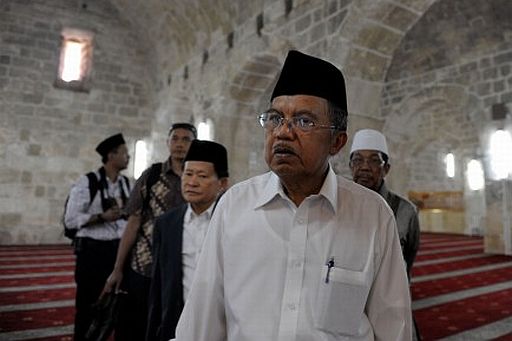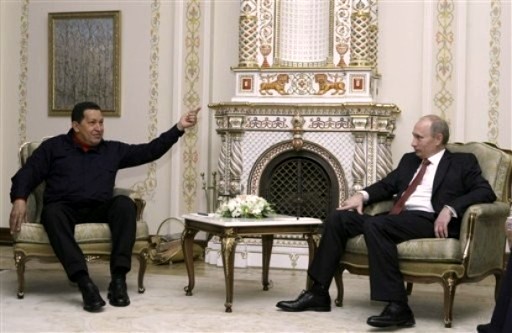
Pope Benedict XVI (R) greets Poland's President Bronislaw Komorowski during a private audience at the Vatican on October 16, 2010. (Photo : PIER PAOLO CITO/AFP/Getty Images)
October 16, 2010 (KATAKAMI / VATICAN RADIO) — Pope Benedict today received the President of Poland in private audience here at the Vatican. The meeting came on the 32nd anniversary of the election of the Polish born Cardinal Archbishop of Krakow, Karol Wotjtyla w as the successor of Peter.
A statement released by the Vatican Press office noted the “happy coincidence” of the visit on this anniversary and went on to say that both the Pope and President focused on the importance of dialogue between Church and State, in order to promote the common good.”
They also “reiterated their common desire” to see both Poland and the Holy See ” continuing to work effectively in areas of common interest, such as in education and promoting the fundamental values of society, and stressing the importance of protecting human life in all its phases. “
Finally, according to the statement there was “an exchange of views on the current situation in Europe.”
After the private talks there was an exchange of gifts in a more informal atmosphere.
President Komorowski gave the Pope a facsimile manuscript of the music of Frédéric Chopin, whose bicentenary is being celebrated this year.
The Pope in return gave the President a medal of his pontificate.
Before the meeting with the Holy Father, President Komorowski participated on Saturday morning at a Mass celebrated in the Vatican Grottoes, at the tomb of John Paul II.
After the Mass, the head of state and his wife knelt in prayer before the tomb of the Polish Pope and laid a bouquet of white and red flowers, the colours of Poland












